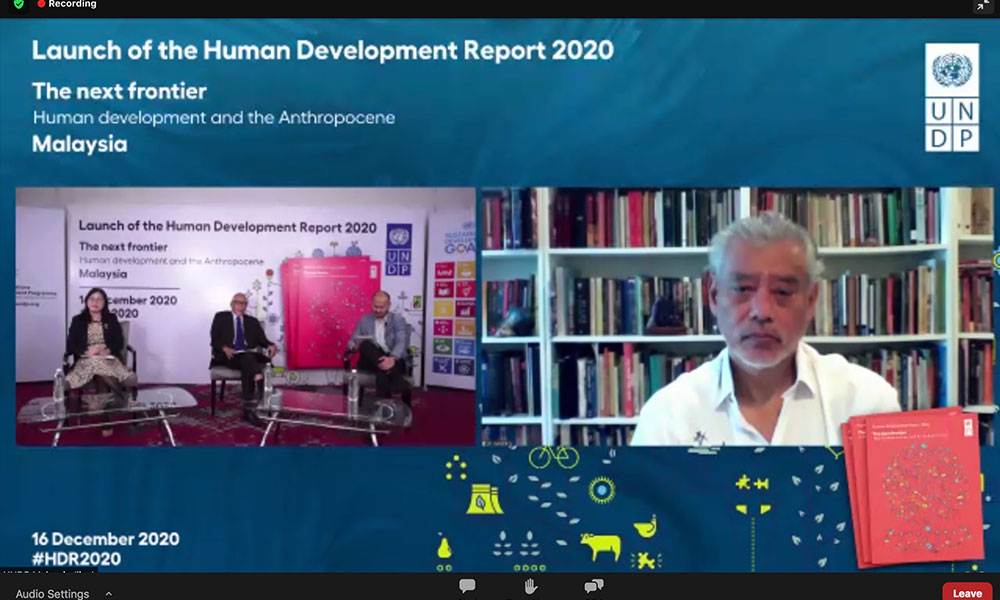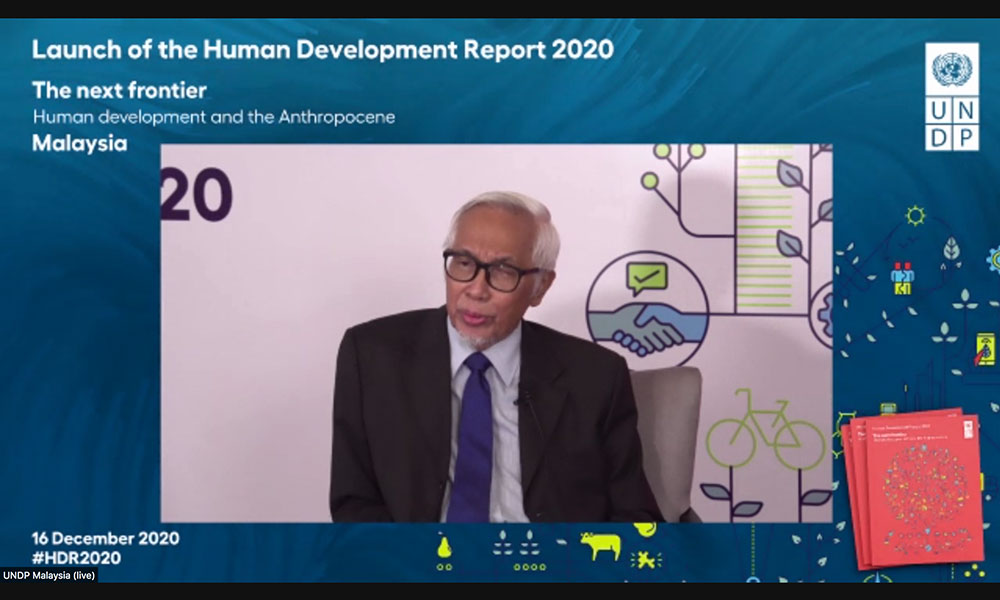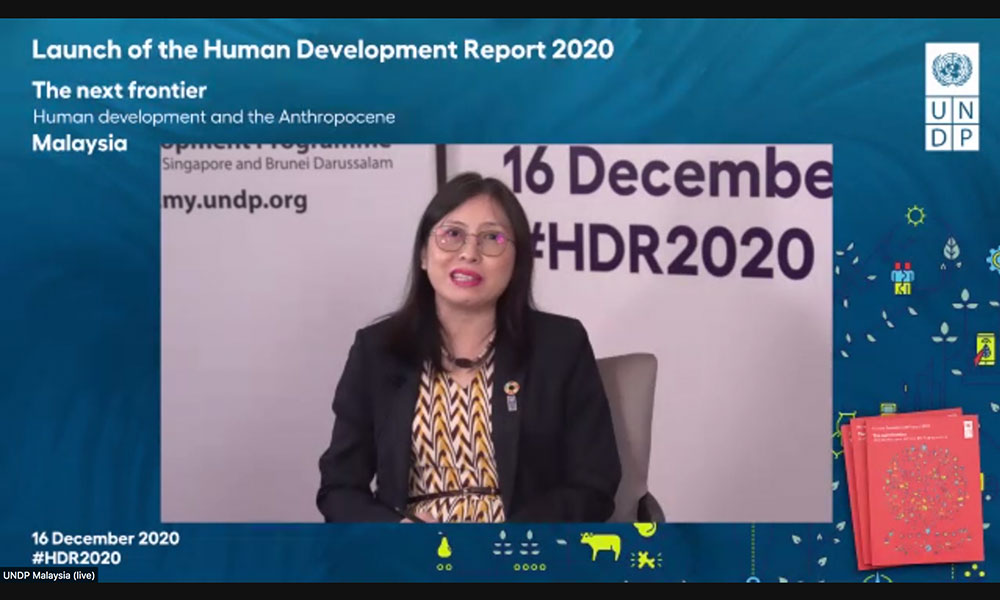Economy and biodiversity experts have questioned the country's commitment to sustainable development.
Pointing to rare earth extraction permits in Kedah and the proposed degazettement of the Kuala Langat (North) Forest Reserve as examples, they urged for more political will in ensuring human development does not come at the cost of environmental destruction.
Speaking at the “Human Development and The Anthropocene” online forum this morning, economist Jomo Kwame Sundaram expressed concern over the proximity of Kedah’s rare earth element sites to Sungai Muda.
The river is a key water source for the millions living in Kedah and Penang.
“If they mine (the elements), this is likely to undermine not only the source of water for the entire (Sungai) Muda Water scheme but also potable water for Kedah and Penang. This is a huge issue.
“At the same time, you have the possibility of incomes which arguably might benefit some of the people in the area. So they are very difficult challenges involved,” opined the Khazanah Research Institute (KRI) senior advisor.

Biodiversity expert Zakri Abdul Hamid similarly advised caution over the project due to its potential impact on water resources.
“Money is not the only thing. The watershed (from the river) alone is a good reason why we should be more careful,” said the academic during the forum.
Kedah Menteri Besar Muhammad Sanusi Md Nor previously said that rare earth deposits in the state were worth RM62 billion.
Seek more expert advice
Zakri, a former science advisor to sixth prime minister Najib Abdul Razak, thus called for closer collaboration between experts and policymakers.
This was to ensure government policies and decisions prioritised sustainability.
“I think what is missing here is the political will.
“I don’t just blame the politicians (because) experts and scientists need to come down and explain to our political leaders and policymakers why it's very necessary for us to translate rhetoric into action,” he said.
“(We need) this constant interaction between knowledge generators like the scientific community (and) policymakers or politicians and the NGOs,” he added.

The Academy of Science senior fellow noted one positive development when it came to political will for sustainability.
Last month, government and opposition assemblypersons in Selangor voted unanimously to preserve the Kuala Langat (North) Forest Reserve.
“It shows a lot of understanding... the fact that the whole legislature was up in arms, I think this was excellent,” Zakri said.
The Selangor government is proposing to degazette 930.93ha (97.1 percent) of the 958ha forest reserve for a mixed development project.
Have ministry changes improved ecology?
Meanwhile, panellist and United Nations Development Programme (UNDP) programme manager for biodiversity and sustainable development Gan Pek Chuan traced the evolution of environmental governance in Malaysia and questioned its results.
Since 1976, she said environment issues have been parked under different ministries in different cabinets.
Under Perikatan Nasional, such issues are presently governed by two ministries - the Environment Ministry as well as the Energy and Natural Resources Ministry.

“When you cross reference this with the trends we have in Malaysia (we see that) we have lost our (Sumatran) rhino, carbon dioxide emissions are on the rise and we continue to have more species on the International Union of Conservation of Nature (IUCN) red list.
“Of course, it's not fair to correlate these kinds of ecological trends against the ministerial and institutional setups that we have.
“But it does give you an indication that something may not be right and it is time for us to consider rethinking the institutions beyond aesthetic institutional models,” Gan added.
Organised by the UNDP, the forum was moderated by Institute of Strategic and International Studies (Isis) research director Alizan Mahadi.
Anthropocene refers to the present geological age where human activity has a significant impact on the climate and environment.
Planetary pressures
The online event was held in conjunction with the launch of UNDP’s 2020 Human Development Report.
Looking at 2019 data, the report ranked 189 countries and territories using a list of data points including two new factors - carbon emissions and material footprint.
Malaysia ranked 62 out of 189 on UNDP’s Human Development Index (HDI).
With a 0.810 score, the UNDP said Malaysia scored “very high” and outscored its Southeast Asia partners Thailand (0.718, ranked 107) and Philippines (0.777, ranked 79).
This was calculated based on life expectancy at birth, expected years of schooling, mean years of schooling and gross national income per capita.
Meanwhile, Malaysia ranked 59 out of 162 on the 2019 Gender Inequality Index (GII). This was again higher than Thailand (80) and the Philippines (104).
This was calculated based on maternal mortality ratio, adolescent birth rate, female seats in Parliament, population with at least some secondary education and labour force participation rate. - Mkini



No comments:
Post a Comment
Note: Only a member of this blog may post a comment.